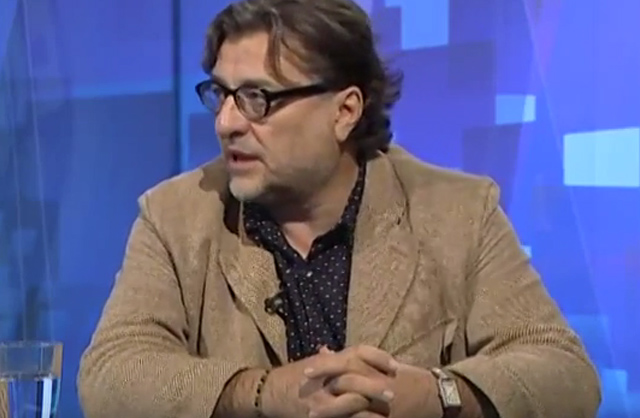Statement regarding the lustration of Prof. Dr. Ljubomir D. Frckoski
May 31, 2013

The last act of the Data Verification Commission with which the professor and ex-minister for Internal and Foreign Affairs (1991-1997) Ljubomir D. Frckoski (member of the Executive Board of the Helsinki Committee) is the utmost distortion in the lustration process and of the Commission itself. The executive power, through the Commission persistently and impudently continues to violate the Constitution and the decisions of the Constitutional Court of the Republic of Macedonia (especially the segment on validity of the law after 1991), ignoring the opinion of the Venice Commission of 2012 and the recommendations in the Resolution 1096 of the Council of Europe (1996).
The Commission continues to work as an instrument of the governing parties in the open political confrontation with their political opponents and persons with opposing viewpoints. The lustration process in Macedonia with these acts has completely shifted away from its moral basis and it is contrary to all of the standards based on which this process should be led, a process which turned into a “witch hunt”, with dismissals of professors and intellectuals like in the dark days of communism and ideological narrow-mindedness.
The Helsinki Committee once again would like to remind of the indication of the Council of Europe that the process of dealing with the past must be based on the principles of lawfulness and fairness. As opposed to these postulates, the lustration process in Macedonia is a classic example of the inquisitorial procedure in which the defendants are not heard and are not able to defend themselves. Consequently, for numerous professions such as journalists, professors and others, the result of this procedure is the Criminal Code sanction – ban from profession, activity or duty. This view is contained in several rulings of the European Court for Human Rights.
For these reasons, the Helsinki Committee will continue to actively protect the basic rights and freedoms of the innocent victims of the unconstitutional lustration process. If the Administrative Court does not secure the secrecy of the personal data, protection of the personal integrity, the respect of privacy, family life, dignity and reputation, the Committee is convinced that justice will be served before the European Court оf Human Rights.


